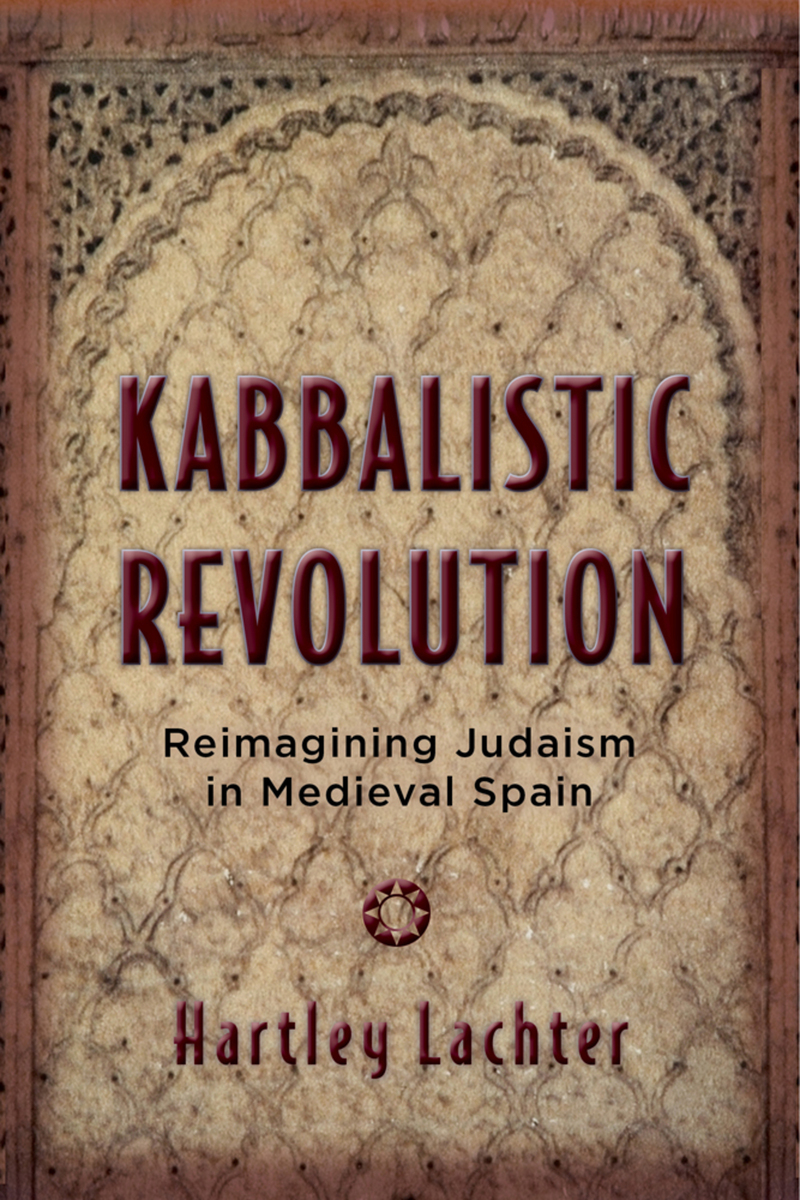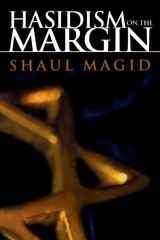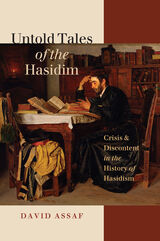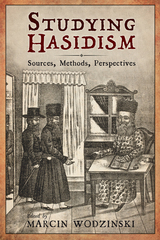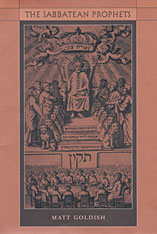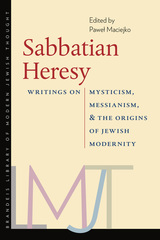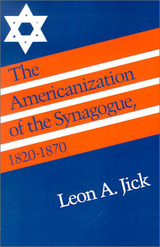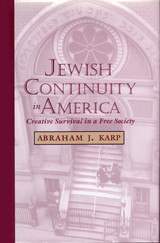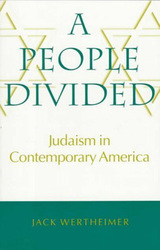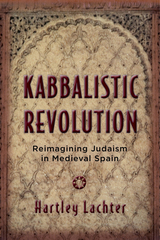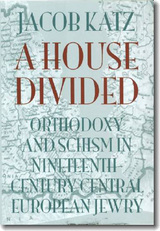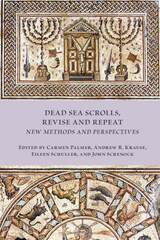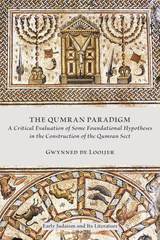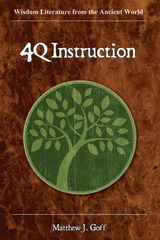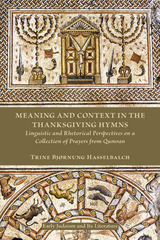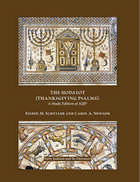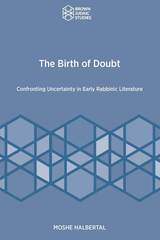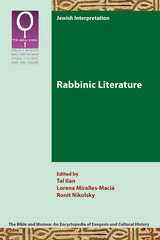Kabbalistic Revolution: Reimagining Judaism in Medieval Spain
Rutgers University Press, 2014
Cloth: 978-0-8135-6875-1 | eISBN: 978-0-8135-7389-2 (ePub) | eISBN: 978-0-8135-6876-8 (PDF)
Library of Congress Classification BM354.L38 2014
Dewey Decimal Classification 296.1609460902
Cloth: 978-0-8135-6875-1 | eISBN: 978-0-8135-7389-2 (ePub) | eISBN: 978-0-8135-6876-8 (PDF)
Library of Congress Classification BM354.L38 2014
Dewey Decimal Classification 296.1609460902
ABOUT THIS BOOK | AUTHOR BIOGRAPHY | REVIEWS | TOC
ABOUT THIS BOOK
The set of Jewish mystical teachings known as Kabbalah are often imagined as timeless texts, teachings that have been passed down through the millennia. Yet, as this groundbreaking new study shows, Kabbalah flourished in a specific time and place, emerging in response to the social prejudices that Jews faced.
Hartley Lachter, a scholar of religion studies, transports us to medieval Spain, a place where anti-Semitic propaganda was on the rise and Jewish political power was on the wane. Kabbalistic Revolution proposes that, given this context, Kabbalah must be understood as a radically empowering political discourse. While the era’s Christian preachers claimed that Jews were blind to the true meaning of scripture and had been abandoned by God, the Kabbalists countered with a doctrine that granted Jews a uniquely privileged relationship with God. Lachter demonstrates how Kabbalah envisioned this increasingly marginalized group at the center of the universe, their mystical practices serving to maintain the harmony of the divine world.
For students of Jewish mysticism, Kabbalistic Revolution provides a new approach to the development of medieval Kabbalah. Yet the book’s central questions should appeal to anyone with an interest in the relationships between religious discourses, political struggles, and ethnic pride.
See other books on: 13th century | Cabala | Kabbalah & Mysticism | Mysticism | Sacred Writings
See other titles from Rutgers University Press
